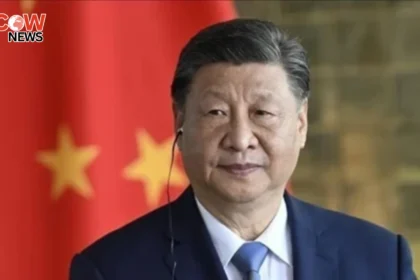News Desk
The capital market opened the year on a positive note, supported by renewed optimism surrounding economic reforms and strategic initiatives.
The Pakistan Stock Exchange’s (PSX)benchmark KSE-100 Index climbed 1,828.19 points, or 1.59% to reach an intraday high of 116,955.09 during early trading. After briefly dipping to an intraday low of 114,719.89, reflecting a 0.35% change, the market stabilised.
“As the new year starts, fresh allocations are driving the markets up,” said Ismail Iqbal Securities Chief Executive Officer Ahfaz Mustafa. “A better-than-expected tax collection number is also indicating that a mini-budget or further taxation may not be required,” he added.
The market’s upward momentum comes on the back of improving economic fundamentals and optimism surrounding the government’s economic reforms. Clarity on key taxation policies, better-than-expected revenue collection, and a stabilising inflationary environment have bolstered investor confidence.
Adding to the optimism, Prime Minister Shehbaz Sharif unveiled “Uraan Pakistan,” a comprehensive five-year National Economic Transformation plan designed to rejuvenate the country’s economy. The initiative, which focuses on export-led growth through the 5Es – exports, e-Pakistan, environment, energy, equity, and empowerment – seeks to attract $10 billion annually in foreign investment while fostering local investment.
Launching the logo, website, and book on the Uraan Pakistan initiative, Prime Minister Shehbaz outlined ambitious goals, including achieving a sustainable GDP growth rate of 6% by 2028, creating one million jobs annually, and securing $10 billion in annual foreign investment, while also fostering a conducive environment to stimulate local investment. The plan prioritises the IT, agriculture, exports, and mining sectors as pillars for sustainable growth.
Emphasising the need for political harmony, PM Shehbaz called for a Charter of Economy among political parties, highlighting that economic stability is intertwined with political stability. “Privatisation and outsourcing are vital to save huge losses, for which political dialogue is utmost necessary,” he said.
Meanwhile, the Federal Board of Revenue (FBR) announced a tax shortfall of Rs386 billion for the first half of the current fiscal year (July–December), with total revenue collection amounting to Rs5,623 billion. This fell short of the IMF’s target of Rs6,009 billion. Despite the shortfall, the FBR managed to generate Rs72 billion through new taxation on the banking sector, raising the tax rate from 39% to 44%.







